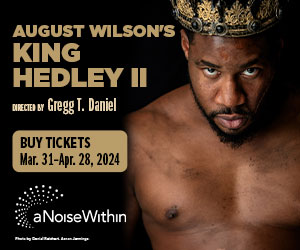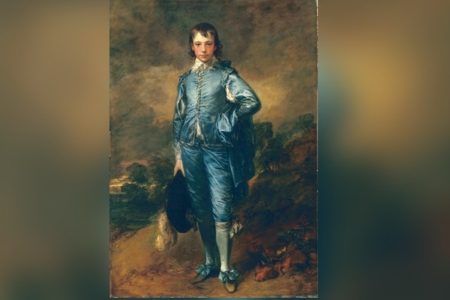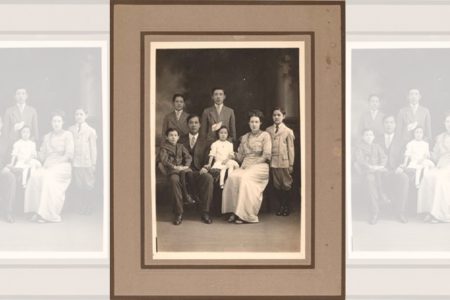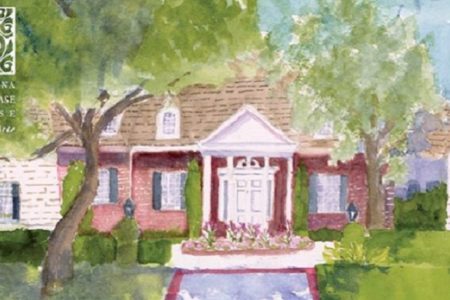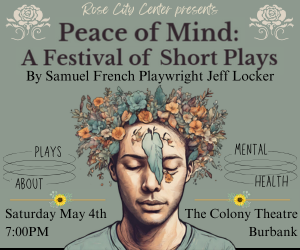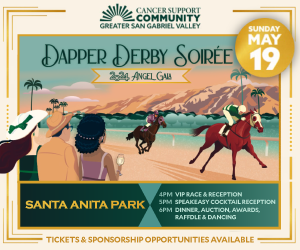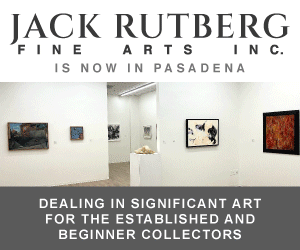
Phil Hendrie, Arcadia native and La Salle High School graduate, who, after a long and successful career as a rock radio DJ, went on to create a brand new kind of online talk/performance art radio show, hasn’t seen the new documentary, “Hendrie,” which dropped on Apple TV, and other streaming platforms on Friday.
When I explained that I had planned to watch the movie before interviewing him, I confessed that time had caught up with me, and we would chat without my having viewed it. Being a longtime fan, I knew enough about his work and the stories behind it.
“I haven’t seen the movie yet either,” he said, explaining further, “I’ve been on television shows I haven’t seen yet. I can’t watch myself on camera.”
He’s missing out on a terrific film.
The documentary, directed by Patrick Reynolds and produced by Jordan Brady, and some three years in the making, tells Phil’s fascinating story, concentrating on the transformation of Hendrie’s career from a form of “traditional” talk radio that doesn’t exist anymore, to a daily “one man show,” featuring Phil and a large handful of regular guests and panelists, all of whom are him.
The film features some of the most talented and successful movers in comedy, including SNL’s Bill Hader, mega writer/director Judd Apatow, punk rock auteur Henry Rollins, and writer Dana Gould, all waxing rhapsodic on Hendrie’s unique art.
(“I can’t be friends with someone who doesn’t like Phil Hendrie,” offered comedian Derek Waters.)
Phil tells his own story throughout the movie while tooling through his adopted hometown of Oxnard, California in a massive ‘70s Cadillac convertible.
So if you’re reading this story, you likely know who Phil Hendrie is. If you’re reading this out of curiosity, let’s get you caught up:
The short version is that following a long rock radio career at a host of stations across the country, Hendrie moved to talk radio, a format that allowed him to express himself more vividly, perhaps more dangerously.
In 1990, at KVEN, a tiny 1500-watt radio station in Ventura, he invented a call-in talk show where he was the host, and he was the guest, and he was every voice of the show, except for the callers, who lit up the phones every day, reacting to the outlandish notions of the “guests.”
The show eventually became nationally syndicated and grew more and more successful, as Phil grew unhappier. Years later, he would walk away from a lucrative Premier Radio contract, and build his own daily online podcast.
“I know my career today and what I do on the netcast and everything else, is out of necessity,” he said. “I wouldn’t have chosen this path. I would’ve stayed in radio for the rest of my life doing the live show that I did. But unfortunately, it was subverted by the move to the Internet for entertainment. And also we didn’t have a very bright group of people running radio by the time it sort of went away.”
Now Phil’s online netcast (He doesn’t care for the term “podcast.”) plays to a more knowledgeable audience, some of whom knew him when, and others who prefer the online version, which is basically improvised every day, based on the simplest plot lines, as Hendrie scampers back and forth amongst his characters and voices.
(Go listen and come back if you need to. This will all make sense.)
Hendrie recognizes and appreciates both groups of fans, and has realistic sense of his own notoriety and “fame.”
“Now here’s the thing,” he explains. “I was on the radio, and I’m not making any excuse as to my relative anonymity. Perhaps what I am saying though is the medium that I was on really has gone away. And I like to think sometimes that I’m responsible for part of that radio ending. No one really listens to the radio anymore. So my fame, if you will, unquote, came on a medium that has dissipated, disappeared.
“And so now it exists online in these downloads on my website and just word of mouth and the stuff that I do on my podcast. So I have two distinct sets of fans. I have the people from the radio days that remember me, and I have the people now who listen to the digital show.”
But, he noted, “Listening live on a lone highway out in the middle of nowhere, in the middle of the night, is how I discovered radio and why I fell in love with it as a kid. I was five years old with my family, driving to Canada to visit my relatives and listening to these radio stations fading in and out as we traveled across the country.
“I thought it was amazing, man. I thought it was the greatest job a guy could have, and especially at night. And you couldn’t control it. You didn’t know what you’d hear next. You didn’t know what song you’d hear next. You’re just at the mercy of this guy sitting in a studio somewhere telling you the temperature and the city, that was the charm of radio.”
As the film lovingly details, it’s a new charm now, one that lives on your phone and on your desk. But it’s no less compelling than when “Dan from Encino” or “Lucy from Monrovia” was calling in to complain about a guest on KFI Los Angeles, so many years ago.
Though he hasn’t seen it himself, Hendrie suggested, “Go watch it and I hope you understand what it is that I’ve done and what I am doing.”
As he explained, “I would say that I think that I provide a perspective, an entertainment perspective, and a comedy perspective that hasn’t been heard or seen before. So I think you deserve, as a consumer of entertainment, you deserve people’s hard work and attempts at being unique. And so that’s what I work toward, and I hope people will recognize that when they watch this, and then when they listen to me and they hear. And the other thing that I really want people to know, and I think that it’s because I haven’t watched the film yet, but I hear it’s brought out, is ‘Don’t give up on who you are. I don’t care how weird you think you are.’
“I don’t care how strange you think you are,” he continued. “I don’t care how uncommon your instincts may be, hang in there, man. Be who you’re supposed to be and you will have a successful and happy life, in my opinion, at least, in terms of your art.
“I was a disc jockey for 17 years until I was 38 years old. And I was like, “What am I doing, man? I mean, this is not what I thought things would be, until I decided I’m just going to throw everything onto this audition tape and see what sticks. So there you go. There was nothing really calculated about it.”
As he summed up, “I knew I did characters, and I knew I wanted to present characters. I knew I wanted to present more than just me. It all kind of rolls out. But it all starts with having the guts to be who you are and follow your instincts. That’s all.”
‘Hendrie’ is currently available to rent, purchase, or stream via subscription on Apple TV or iTunes, Google Play Movies, and YouTubeTV.





